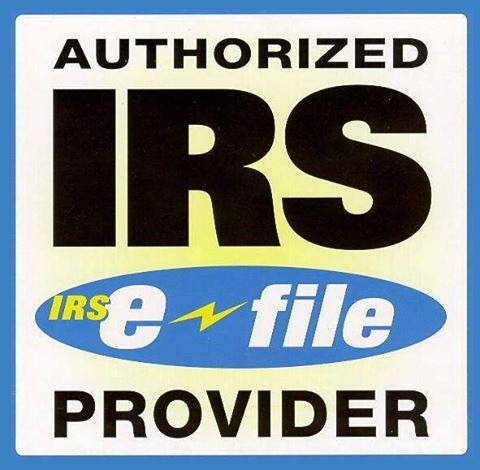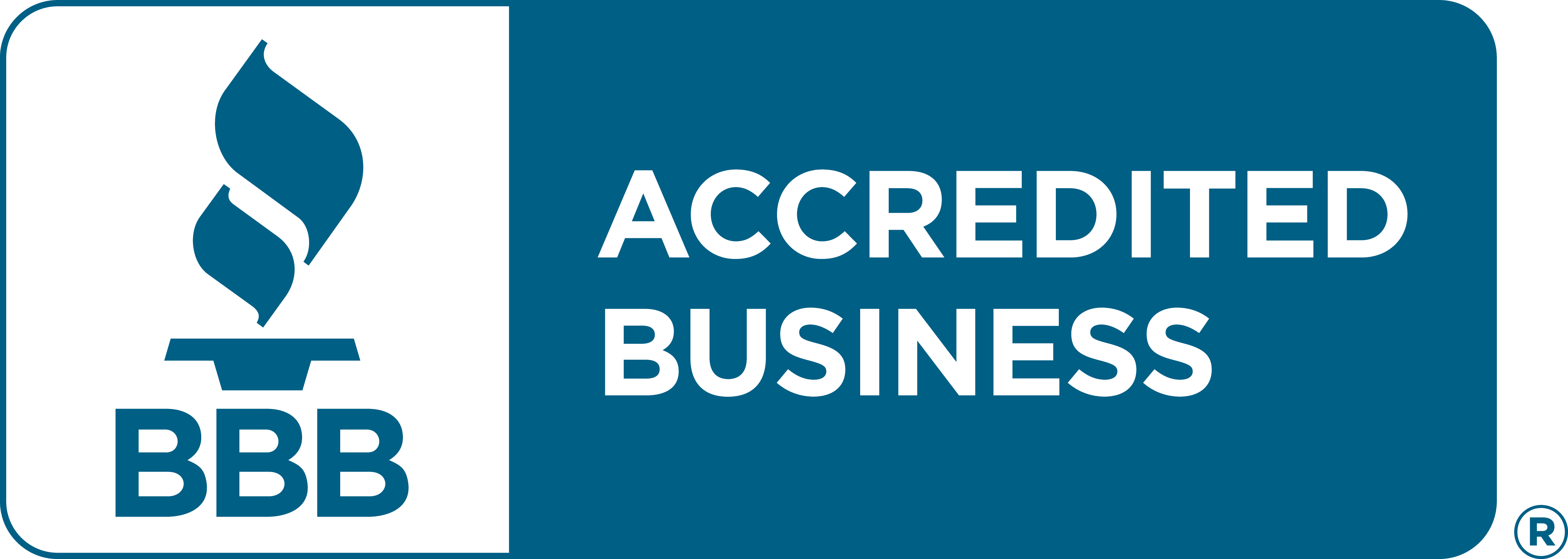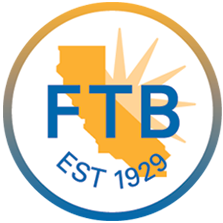North Carolina State Filing Requirements
North Carolina non-profits must comply with state regulations, which include initial filings with the SOS to maintain good standing
Required Non-profit Forms
Non-profits in North Carolina are required to complete several forms as part of their compliance obligations.
| Secretary of State Forms | Depratment of Revenue Forms | Federal Forms (Required for State Compliance) |
|---|---|---|
|
|
State Filing Requirements for Non-Profits
North Carolina supports the formation of non-profits—charitable, religious, educational, or otherwise.
To operate legally and maintain tax benefits, organizations must meet state and federal requirements:
- Incorporation – File Articles of Incorporation with the NC Secretary of State ($60 fee). Any incorporator can submit.
- Assumed Name – If using a different name, file an assumed/fictitious name certificate with the county or statewide registry.
- Registered Agent – Appoint a North Carolina resident/business with a physical street address (no P.O. Box).
- Charitable Solicitation License – Required if soliciting donations over $25,000 annually (unless exempt).
- Employment Taxes – Register with the NC Department of Revenue if hiring employees.

Tax Exemption Requirements
- The organization’s Articles of Incorporation must include a clear and appropriate statement of purpose and dissolution clause.
- Ensure the organization’s purpose is exclusively for exempt purposes, such as charitable, religious, educational, scientific, literary, testing for public safety, fostering national or international amateur sports competition, or preventing cruelty to children or animals.
- Must not distribute earnings to private individuals; any compensation must be reasonable, and non‑inurement guaranteed.
- Must file the required Form 990 (based on gross-receipts) with the IRS annually; missing three consecutive years causes loss of exemption.
Filing Deadlines for Non-Profit Forms
Adhering to filing deadlines is essential to avoid penalties and maintain compliance.
Below are the key deadlines for non-profit filings in North Carolina:
| Secretary of State Deadlines | |
|---|---|
| Articles of Incorporation | Upon formation of the non-profit. |
| Charitable Solicitation License | If required, must be renewed by the 15th day of the 5th month each year |
| Tax Forms Deadlines | |
|---|---|
| Form E-585 |
|
| Form CD-405 | Annually, by the 15th day of the 5th month after the fiscal year ends. |
| Federal Deadlines | |
|---|---|
| Form 990 Series | Due on the 15th day of the 5th month after the organization's accounting period ends Example: For calendar year organizations, Form 990 is due by May 15 |
| Form 1023/1023-EZ | Must be filed within 27 months of incorporation to receive retroactive exemption to the date of incorporation |
Registration & Annual Filing (Non-Profits)
To operate legally as a non-profit in North Carolina, organizations must file the Articles of Organization and pay the filing fee of $60.
Initial Registration
- Incorporate with NC Secretary of State The very first step is to file the Articles of Incorporation (Form N-01) with the NC Secretary of State's Business Registration Division. It is crucial to include the specific purpose and dissolution clauses if the organization intends to pursue 501(c)(3) status.
- Obtain Federal Employer Identification Number (EIN) Obtaining an EIN from the IRS is a fundamental step for any organization, enabling it to open bank accounts, hire employees, and file tax returns.
- Apply for 501(c)(3) Status (IRS) File IRS Form 1023 or 1023-EZ. This is critical for federal tax exemption and often a prerequisite for
state-level tax benefits. This should be done within 27 months of incorporation for retroactive exemption. - Register for Charitable Solicitation (if applicable) If the non-profit will solicit contributions from the public in North Carolina, it must obtain a license from the NC Secretary of State's Charities Division. Organizations should be sure to check for any applicable exemptions.
- Apply for Property Tax Exemption (if applicable) If the non-profit owns property, it should apply for property tax exemption with the relevant county tax assessor using Form AV-10. This is generally a one-time application unless ownership or use changes.
Annual Filing Requirements
- Charitable Solicitation License Renewal If the organization solicits contributions, its license must be renewed annually with the NC Secretary of State's Charities Division. Fees are based on a sliding scale according to annual contributions.
- Filing Form CD-405 If you have unrelated business income (UBIT) subject to NC tax, file Form CD-405. Organizations with employees must file regular payroll tax returns. Maintain eligibility for sales/use tax exemption.
- Federal Form 990 Series This is the primary annual financial reporting to the IRS. The specific form (990-N, 990-EZ, or 990) depends on the organization's gross receipts and assets.
Critically, failure to file the Form 990, 990-EZ, or 990-N for three consecutive years will result in the automatic loss of federal tax-exempt status. Organizations are also required to make their past three years' forms publicly available. - Maintain Accurate RecordsKeep meticulous records of all financial transactions, donations, and activities. This will be essential for preparing annual reports and complying with any audits or inquiries.












